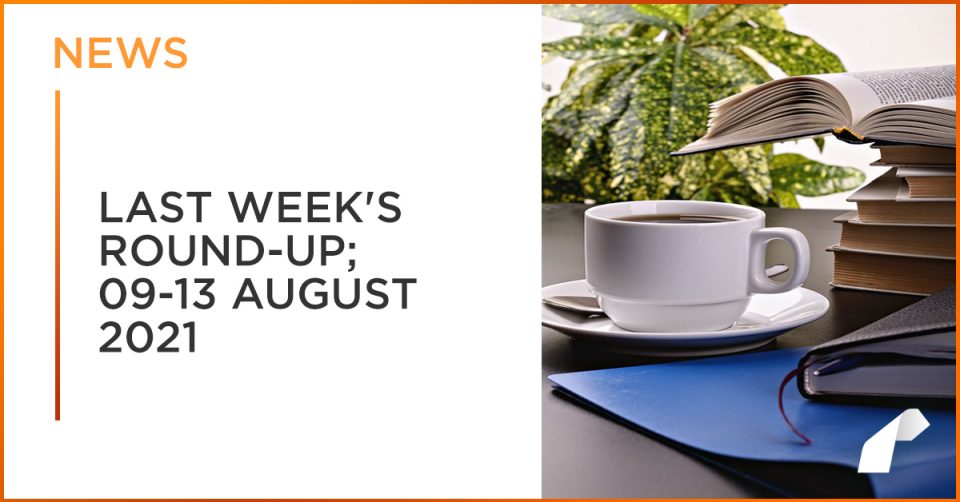Last week’s round -up;
09-13 August 2021

Revised WHO guidance on GMP for investigational products and R&D facilities
The WHO released a revised draft guidance to industry addressing GMP for investigational drug products and new draft guidance on GMP principles for research and development (R&D) facilities in the context of the COVID-19 pandemic. The guidance on GMP for investigational drug products contains news recommendations on GMP issues related to quality management, quality risk management, personnel and documentation considerations. Issues related to manufacturing premises, equipment and utilities, materials and production are also addressed. Sections on the quality unit, qualifications and validation, complaints, recalls, returns, shipping and destruction are also covered. Some of the new recommendations include the requirement for a responsible person to be designated for the release of batches. The GMP guidance related to R&D facilities covers quality management and quality risk management in product research and development. It includes recommendations on sanitation and hygiene, qualification and validation, outsourced activities, self-inspection and quality audits, personnel training, premises, equipment and instruments and materials, documentation, processing and process design, quality control, stability and technology transfer.
Both draft guidelines are available for comment until 31st August 2021: https://bit.ly/RealCMC-2VU4jUD
New EMA Q&A on Clinical pharmacology and pharmacokinetics
The EMA has released a new Q&A 6.5 on Clinical pharmacology and pharmacokinetics. The new Q&A gives recommendations on how large the deviations from proportionality in composition can be in the case of fixed combinations with highly soluble active substances in an application with multiple strengths. For fixed combinations (FCs) consisting of multiple strengths, small differences in proportionality of compositions may preclude the waiver of the additional strength and result in the request of an additional in vivo bioequivalence study. However, in the case that all the active substances in the FC belong to BCS Class I or III drugs (highly soluble active substances), the risk of non-bioequivalent additional strength formulations is negligible, if the conditions specified in the Q&A are fulfilled. Therefore, a waiver for additional strengths is acceptable even though the additional strengths deviate from proportionality in composition, provided the conditions are met.
UK MHRA publishes the new Access Consortium Strategic Plan for 2021-2024
The Access Consortium is committed to maximizing collaboration by aligning regulatory and policy approaches, reducing duplication, and facilitating the member country populations’ access to high quality, safe and effective health products. This group originally consisted of the regulatory authorities in Australia, Canada, Singapore and Switzerland (previously referred to as ACSS). With the addition of the UK MHRA in October 2020, ACSS changed its name to Access Consortium, and now represents a collective population base of 150 million people across the 5 member countries. The Access Consortium has now published a three-year strategy covering 2021-2024, and further information and the document itself can be found through the following link: https://bit.ly/RRL-3g88UJV
Reflection paper on GMP and Marketing Authorisation Holders
The EMA has adopted the Reflection paper on Good Manufacturing Practice and Marketing Authorisation Holders. Although many MAH companies are not directly involved in the manufacture of medicinal products themselves, the current European Commission Guide to GMP refers, in several places, to MAHs and their responsibilities in relation to GMP. The new Reflection Paper provides clarity as to what the various responsibilities are and what they mean for MAHs at a practical level. This reflection paper also addresses the various legislative provisions (i.e. in European Directives, Regulations and in other guidelines) which relate to GMP and which concern MAHs.
https://bit.ly/RealCMC-3xypFn5
UK MHRA issues updated guide to “defective medicinal products”
The MHRA Guide to Defective Medicinal Products regarding reporting, investigating and recalling suspected defective medicinal products to the Defective Medicines Report Centre (DMRC) has been updated, and can be found at the following link: https://bit.ly/RRL-2VHcTFT
CMDh Meeting Report – July 2021
The CMDh has released a report on the meeting that was held on 20th-21st July 2021. Various topics were tackled during the meeting including the following:
· An update to the CMDh Questions & Answers on implementation of outcome of Art. 31 referral on angiotensin-II-receptor antagonists (sartans) containing a tetrazole group – As outlined in Q7, under Condition B a response to the Article 5(3) referral is always needed for sartans containing a tetrazole group. Therefore, since it is considered that a risk of nitrosamines is always present for tetrazole sartans, due to their chemical structure, a Step 2 response is always expected and MAHs who previously submitted a Step 1 ‘no risk’ response, are expected to reconsider and submit a Step 2 response.
· Active Substance Master File (ASMF) worksharing – The CMDh strongly recommends the use of ASMF worksharing to save resources and promote a harmonised assessment when submitting an application for a medicinal product containing an ASMF.
https://bit.ly/RealCMC-3Ass5p8

